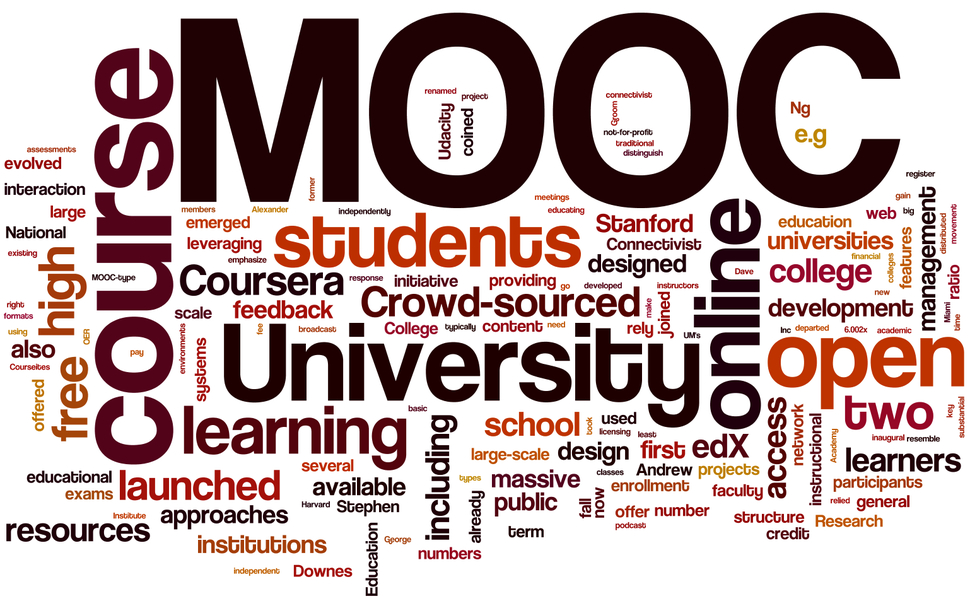With a digitalizing world education can’t stay behind. With the need of more and more information sharing, the way of teaching is also changing. Universities are building platforms, called MOOCs where research can be shared and courses can be given with uploaded videos.
Internet itself is not a new technology. However a platform such as a MOOC is a new type of software interface. Also the market for these MOOCs is new. Classical higher education was always allocated to a more or less exclusive part of society. Now with online education all these courses are open to everyone. So we can talk here about a radical innovation, because it addresses a new market with a new technology. In other words in a couple of years the educational system will be changed completely.
Not only can everybody access the content of these MOOCs, the content can also be accessed for free. So this results in an enormous outlet. On the one hand a vast amount of students can be reached. On the other hand the costs of constructing a course once and uploading are not that high as classical education, because of the timesaving. This means that the productivity of online education is much higher. Also by selecting the best professors for each subject creates a high standard for the quality of the education. Furthermore students can study all the material at their own pace, what increases their understanding.
What is the downside of this innovation? Classical education has the physical appearance make the lessons much more interactive, where there is more room for questions. This phenomenon did I experienced myself within the course of Responsible Innovation, where the theoretical part was taught with a MOOC and the classical hours where used for interactive presentations and discussion. You can argue that there are discussion tools within the MOOCs, but what I observed is that these things are almost never used. At last for courses like chemistry, biology and geology much practical sessions are needed in the form of lab sessions and fieldwork, this is almost impossible to recreate within a digital environment and these practical experience is essential for proper understanding of these subjects.
Personally I am very devoted to the classical educational system and it would be naïve by thinking that it would always be this way. We are now in a transitional phase with combining a physical and digital way of teaching. Towards the future much more will taught with the MOOCs, simply because the productivity rate is much higher. Although for some sciences there has to be still something of a classical setting for some practical experimentation.
